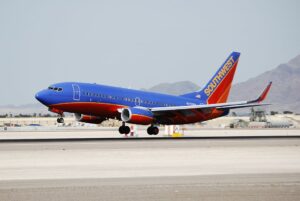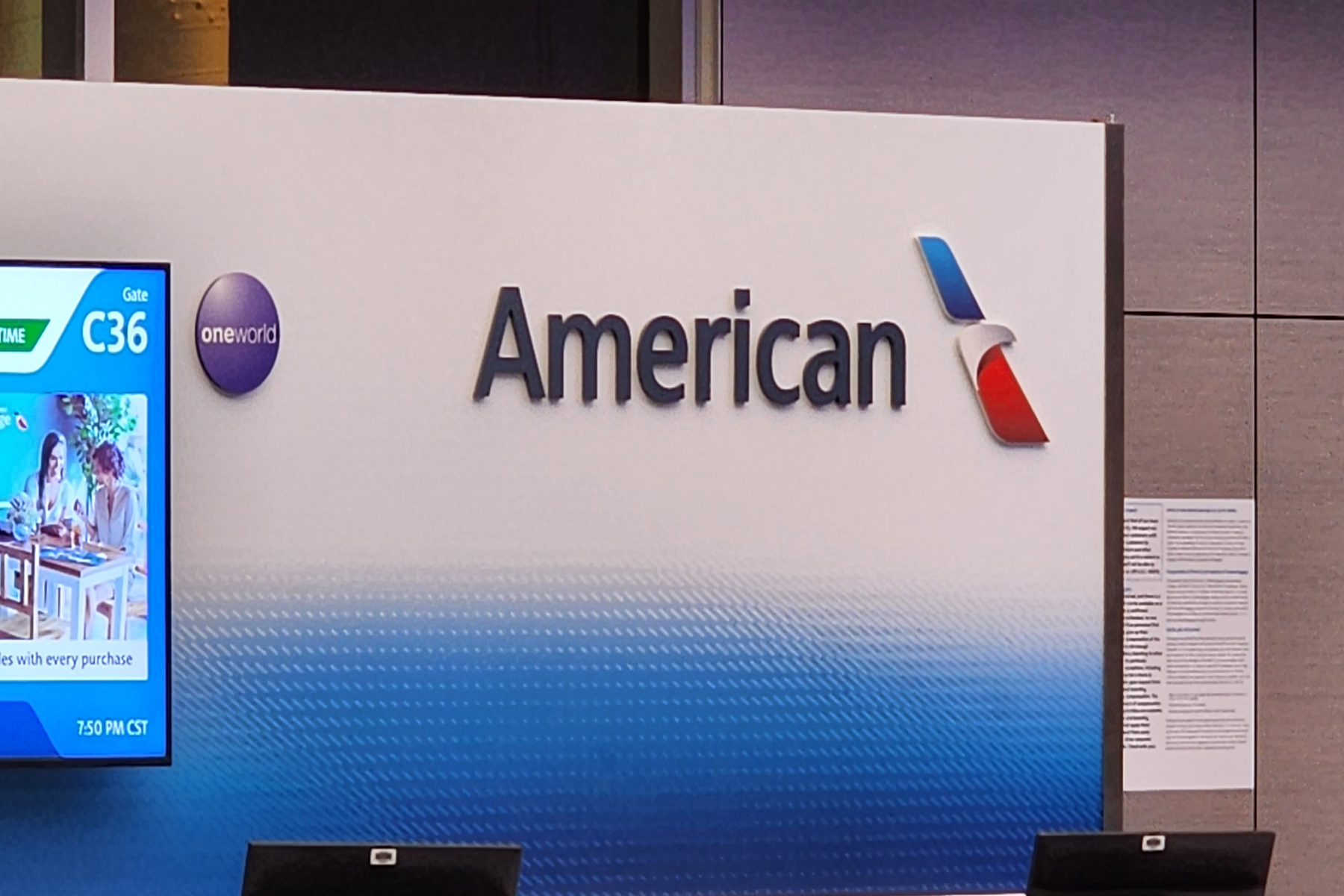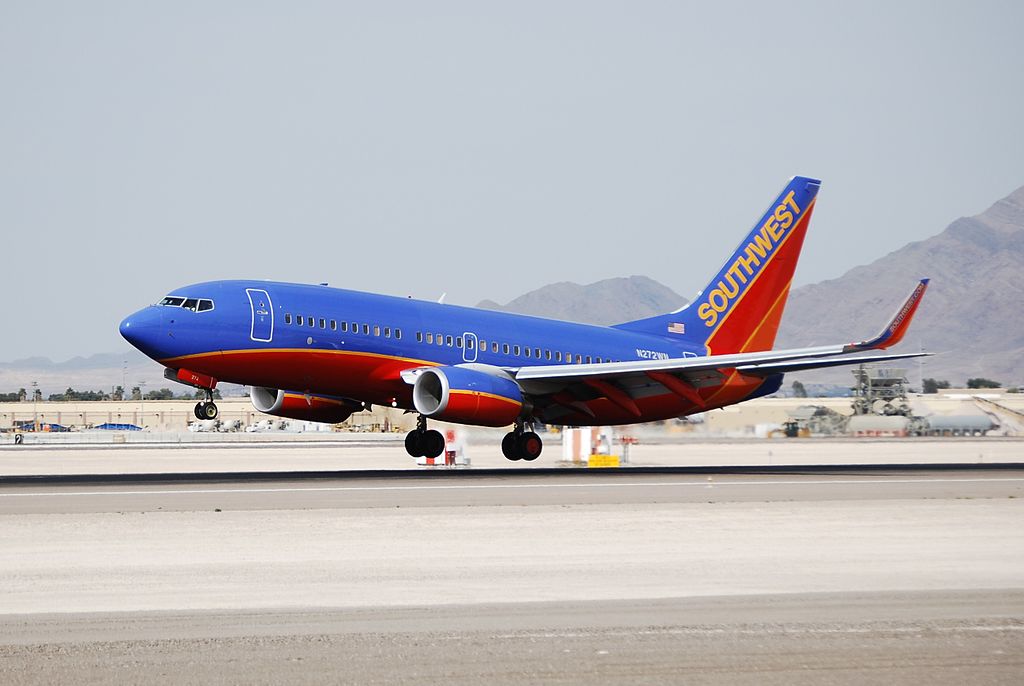Civil Liberty Organizations Sue TSA Over “Invasive” & “Illegal” Full-Body Scanners

TSA is going back to court after civil liberties organizations claim airports’ use of whole-body-imagining scanners violates federal law.
Three civil liberties organizations filed a petition on July 15 that says the Transportation Security Administration’s (TSA) use of whole-body-imagining scanners at airports violates federal law.
The Rutherford Institute, the National Center for Transgender Equality (NCTE) and The Competitive Enterprise Institute (CEI) allege the TSA ignored federal law and court orders when, in 2009, the agency implemented body scanners as airports’ primary security screening tool. The nonprofits are asking the court to order TSA to issue formal rules regulating the use of scanners and subject those standards to public examination and judicial review.
“‘Something as invasive as these scanners certainly shouldn’t be forced on the American public without the absolute assurance that it will not harm our health or undermine our liberties,” said John W. Whitehead, president of The Rutherford Institute in a press release. “At a minimum, the TSA should be required to establish rules governing the use and deployment of these scanners and have those regulations vetted by the public.”
The petition, filed with the U.S. Court of Appeals for the District of Columbia, takes issue with the TSA’s failure to notify the public of its decision to deploy the scanners as required by the Administrative Procedures Act (APA), which mandates that the agency give the public formal notice proposed actions and an opportunity to comment.
In July 2011, the U.S. Court of Appeals for the District of Columbia ruled that TSA’s implementation of scanners without rulemaking proceedings did violate federal law and ordered TSA to begin proceedings. TSA failed to issue a proposed rule for over a year. The case returned to the court, which directed TSA to issue a proposed rule on scanners by March 2013. The plaintiffs claim that, though TSA complied, the agency failed to issue final regulations for scanners’ use.
The filing notes that the NCTE takes special interest in the use of scanners as transgender travelers commonly report facing added scrutiny at airports based on appearance, identification, clothing, or physical features. The plaintiffs cite a national survey, conducted by NCTE and the National Gay and Lesbian Task Force, that found 21 percent of transgender people reported experiencing harassment or other discrimination at an airport.
“As long as TSA relies on body scanners and prison-style pat-downs as its primary tools, there will be a cost to travelers’ privacy and questions about whether that cost is paying off,” said Harper Jean Tobin, NCTE’s director of policy, in a press release. “While there will be some cost to all travelers, anyone who is perceived as different or whose body is not typical will bear the brunt of it.”
“As if the violation of the law wasn’t enough, we have strong reason to believe the body scanners are ineffective in detecting weapons and explosives. Leaked results from a classified Department of Homeland Security Office of Inspector General audit revealed that TSA screening practices, in which the body scanners play a major role, failed to detect threats 96 percent of the time,” said CEI fellow and co-petitioner Marc Scribner in a press release. “This adds insult to injury from an agency that purports to protect the traveling public by way of highly invasive, costly, and illegal screening technologies.”
[Photo: iStock]

























Of course they don't work. They were rolled out because of the "underwear bomber". They aren't even capable of detecting such a device.